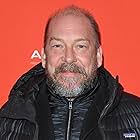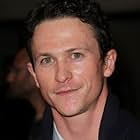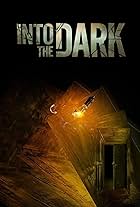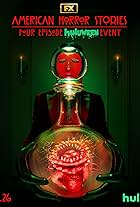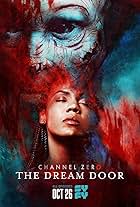Monsterland advertises itself as blurring the lines between black and white. While traditional horror always punished the obvious sinner, what Monsterland does well, is make their protagonist more human. The characters range from distraught teenagers, to a billionaire, to middle class families. Even if you can't find your exact socioeconomic status in this eight-part series, you can be sure you'll relate to one of their stories.
In some episodes, the monsters are debated, they may be hallucinations or normal facts that everyone accepts. In other episodes it's obvious that humanity is the monster, a recurring theme throughout all genres. What Monsterland does well though, is that it makes you wonder what is real and what isn't. What is a representation of something the author and producers wanted to portray, or what is bonafide supernatural entities.
What I loved about Monsterland is that it portrays the true horror. While there is no shortage of blood and gore, there are no jump scares. This series will not keep you up at night; however, it will make you think about humanity. There are 7 billion people, each living their own lives with their own darkness. Monsterland offers brief illuminations into that darkness that threatens us all, without relying on gore, jump scares, or monsters. It's an honest look at how anybody, of any race, any financial status, any orientation, can have a difficult time with life.
Each show is a slowburn. There are very few moments that I would consider my "favorites". In each episode, you must understand the characters and their blights before understanding the monster, whether it is real or imaginary. Because of this, some episodes fall flat, some are intriguing, and the only genuine episode is the series finale. Monsterland takes you on a journey that will not leave you sleeping with the lights on, but will make you think that the characters in each episode are not so different between you and I.














